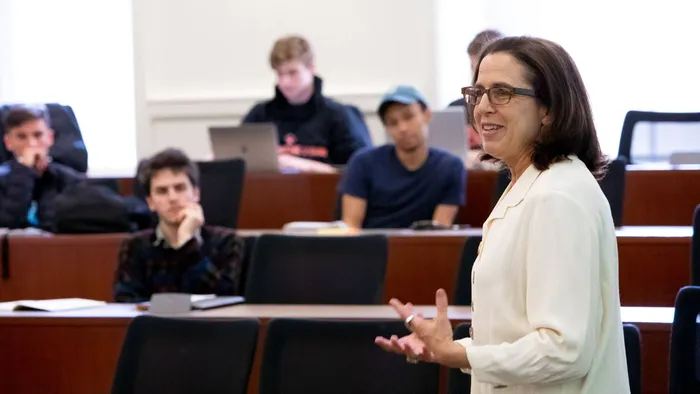Events and Podcasts
Upcoming events
Feb
12
2026
SOAS Public Talk about On the Semicivilized
University of London - SOAS
Public TalkLocation: University of LondonLinkIn the series: "Histories of Capitalism and Race in the Middle East and Beyond," School of Oriental and African Studies (SOAS), University of London.
Mar
3
2026
Book Talk at Columbia University, Julia Elyachar: "On the Semicivilized"
Department of Anthropology and MIddle East Institute, Columbia University
Book talkLocation: Columbia UniversityBook talk by Julia Elyachar about her book On the Semicivilized: Coloniality, Finance, and Embodied Infrastructure in Cairo.
Apr
7
2026
Book Talk, Yale University, "On the Semicivilized"
Center for Race, Indigeneity, and Transnational Migration, Yale University
Book TalkLocation: Room 105, 10 Sachem, Yale UniversityJulia Elyachar discusses her new book, On the Semicivilized: Coloniality, Finance, and Embodied Sovereignty in Cairo.
Apr
15
2026
Contours of Thought: The Humanities and The Possibilities of Anti-Discipline
Society of Fellows and Heyman Center, Columbia University
SymposiumLocation: Columbia UniversityDiscussant and Moderator of symposium organized by Aamer Ibraheem (Columbia University), Adrien Zakar (University of Toronto), Iheb
Guermazi (Columbia University), and Esmat Elhalaby (University of Toronto).
Past events
Jan
5
2026
Podcast: Julia Elyachar on New Books Network in conversation with Armanc Yildiz
New Books Network
Podcast Location: OnlineLinkJulia Elyachar in conversation with Armanc Yildiz about her new book, On the Semicivilized: Coloniality, Finance, and Embodied Sovereignty in Cairo (Duke 2025)
Oct
3
2025
Mikey Muhanna in conversation with Julia Elyachar
Afikra Podcast
InterviewLocation: OnlineLinkJulia Elyachar in conversation with Mikey Muhanna on the afikra Podcast. The afikra Podcast features experts from academia, art, media, urban planning, and beyond, who are helping document and shape the histories and cultures of the Arab world through work.
Sep
19
2025
Fatima Seck interviews Julia Elyachar
Conversations in Atlantic Theory, Journal of French and Francophone philosophy
InterviewLocation: OnlineLinkConversations in Atlantic Theory explore the cultural, political, and philosophical traditions of the Atlantic world, ranging from European critical theory to the black Atlantic to sites of indigenous resistance and self-articulation, as well as the complex geography of thinking between traditions, inside traditions, and from positions of insurgency, critique, and counternarrative.
Sep
10
2025
Semicivilized Finance: Learning from the Ottoman Sarraf
Doll Lecture on Religion and Money, Center for Culture, Society, and Religion, Princeton University
LectureLocation: 219 Aaron Burr HallLinkUsing historical anthropology, Elyachar examines the sarraf ("money-changer" or "banker") as a node in dynamic financial relationships deemed "semicivilized".
Apr
24
2025
Book Talk: On the Semi-Civilized: Coloniality, Finance, and Embodied Sovereignty in Cairo
Department of Anthropology, Princeton University
Book talkLocation: 219 Aaron Burr HallLinkElyachar discusses her new book On the Semi-Civilized: Coloniality, Finance, and Embodied Sovereignty.
Mar
18
2025
Financialized Counterinsurgency: Sovereign Wealth Funds and the Remaking of Cairo after 2013
Centre for Gulf Studies, University of Exeter
SeminarLocation: Online Centre for Gulf Studies | University of ExeterLinkElyachar draws on her new book On the Semi-Civilized: Coloniality, Finance, and Embodied Sovereignty, to discuss the coloniality that shaped—and blocked—sovereign futures for those dubbed barbarian and semicivilized in the former Ottoman Empire.
